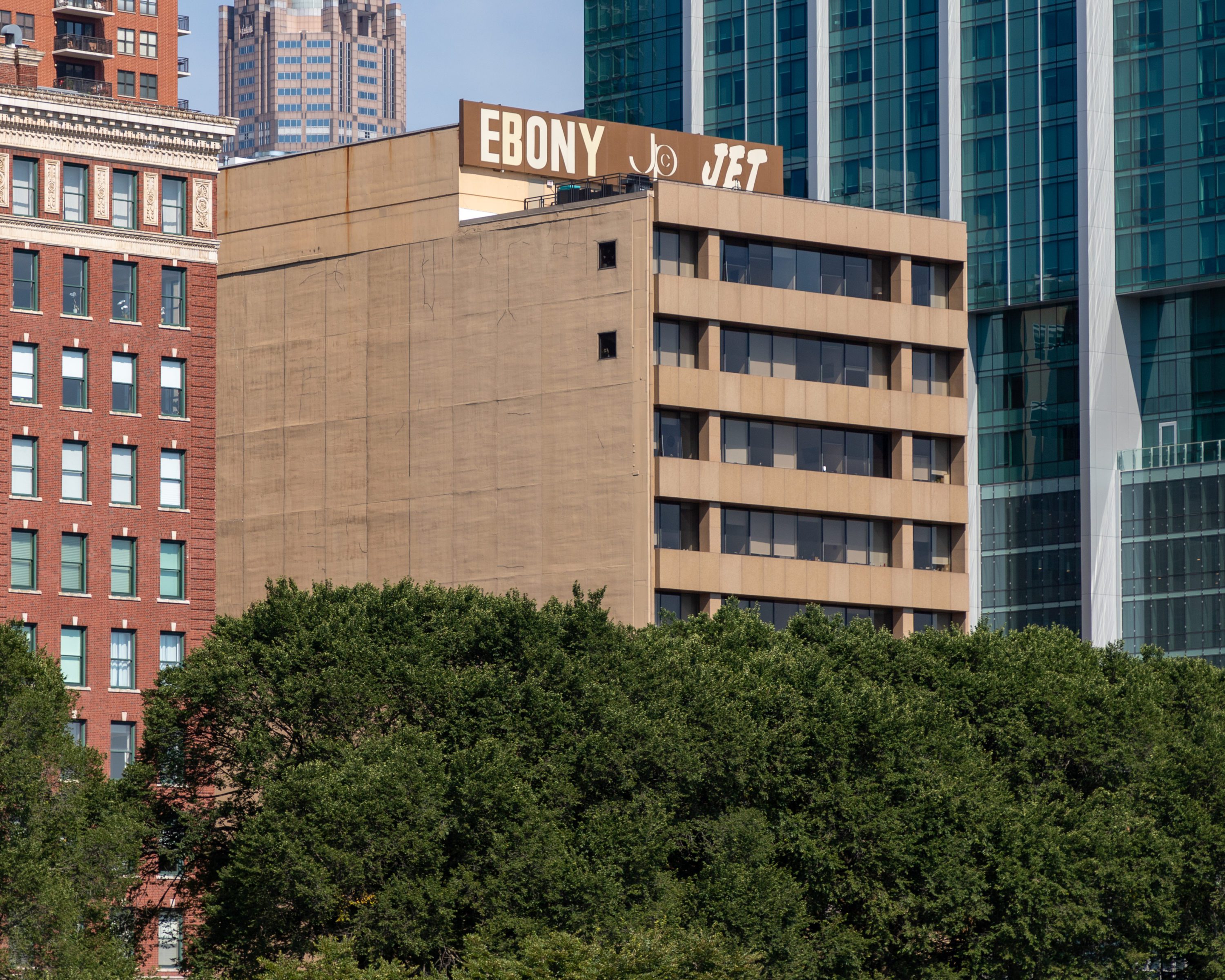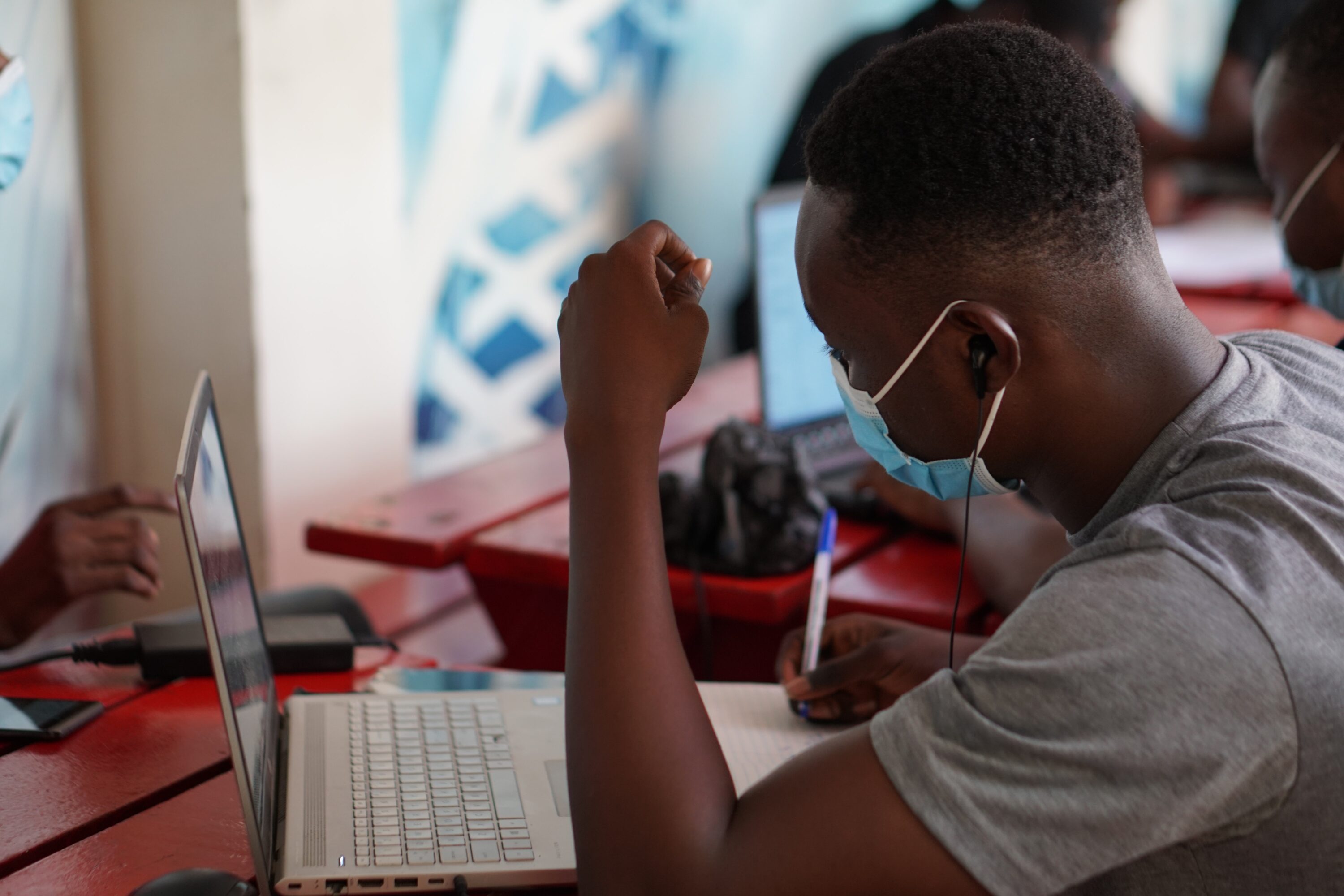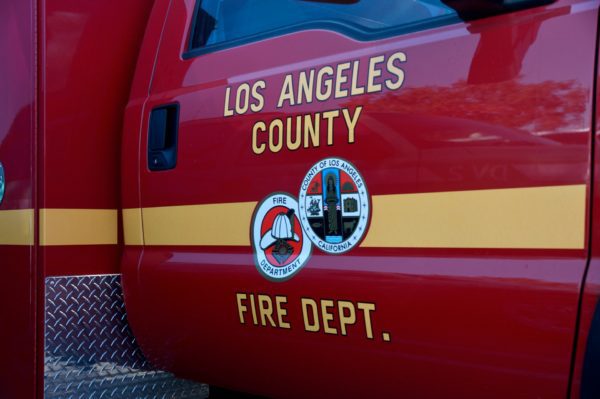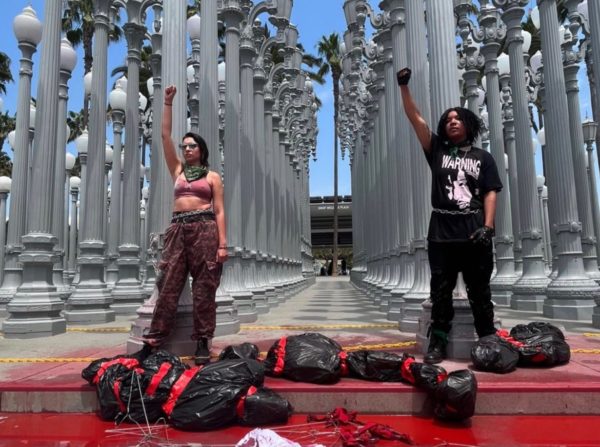Los Angeles residents can once again get free recycled water to irrigate their lawns, trees and plants through a Los Angeles Department of Water and Power program, officials announced Thursday.
Mayor Eric Garcetti and several other city officials appeared at a news conference at a DWP water reclamation plant near Glendale on Thursday morning.
“Today, we’re here to help you out, to keep your plants alive, to keep our drought response strong and to reopen two recycled water filled stations,” Garcetti said. “This is free water for you, for your garden, to keep your plants strong and to make sure that we serve you.”
DWP customers can fill up to 300 gallons of recycled water per visit at either the Los Angeles-Glendale Water Reclamation Plant or the Los Angeles Zoo parking lot. The zoo station is open Mondays from 8 a.m. to 2 p.m. and the plant is open Thursdays through Saturdays from 8 a.m. to 3 p.m. Customers should bring their own containers.
The program initially opened for a stint in 2016 but was only operating one day a week compared to four days a week this time. In 2016, Garcetti said the city saved 10,000 gallons of potable water with help from the recycled water fill stations.
“We know we can smash that record and we plan to,” Garcetti said. “Every drop of recycled water used to maintain landscaping replaces precious drinking water.”
Customers must first take a brief training class before filling up at the stations. The recycled water is not drinkable, officials stressed.
Councilman Mitch O’Farrell, whose district includes the Los Angeles-Glendale plant, said he plans to start using the recycled water to irrigate street trees being planted in the 13th District.
“Recycled water is the definition of conservation,” O’Farrell said. “Recycled water is where it’s at. It is our future. By offsetting the demand for precious drinking water, this program will make recycled water more accessible to more Angelenos, and I’m sure all of these stations will be fully subscribed.”
The city plans to expand the program into the San Fernando Valley later this year. Garcetti said the city will start with operating five such stations, gauge the success and then think about further expansion.
“We’ll see what the success is like,” Garcetti said. “We need to actually see this get utilized. I’ve been asked by a lot of people just anecdotally, `Hey, is there a place I can go to pick up landscaping water?’ So we looked at regenerating this.”
Recent water usage restrictions placed upon Los Angeles residents in hopes of combating a historic drought appear to be working.
Last month saw the all-time lowest water use for any month of June on record in the city, with usage dropping by 9% compared to last June, according to the DWP.
The restrictions went into effect June 1. They included restricting outdoor watering to two days per week, down from the three, with watering permitted at odd-numbered street addresses on Mondays and Fridays, and at even-numbered addresses on Thursdays and Sundays.
City officials noted that residents are also becoming more aware of the urgency of the issue — with the DWP seeing a 44% rise in the number of reports it receives about water wasters. The city has also seen a 10-fold increase in applications for the DWP’s turf-replacement rebate program.
“It is nothing short of a miracle that collectively we have continued to preserve and to lower our use of water,” said Cynthia McClain-Hill, president of the Los Angeles Board of Water and Power Commissioners.
Councilman Paul Krekorian believes Angelenos have to start coming to grips with living with water scarcity. Lifting up a gallon of recycled water, Krekorian said that no water in the world has ever been destroyed nor created.
“This water that goes into these containers is the same water that was on earth during the Ice Age,” Krekorian said. “What we don’t do is manage water well. It’s not a matter of finding new water. It’s a matter of managing the water that already exists here.”







